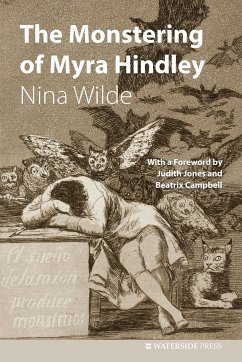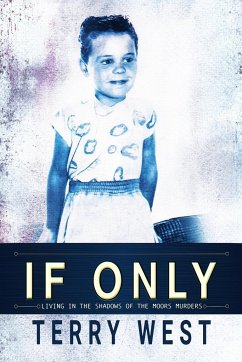Fifty years after the Moors Murders and 15 years since Myra Hindley died in prison, after one of the longest sentences served by a woman, The Monstering of Myra Hindley raises some delicate and searching questions.They include: "Why was Hindley treated differently?", "Why do we need to create demons?" and "What impact does this have on our whole notion of crime, punishment and justice?" Set against the political backlash of one of the most notorious cases in English criminal history, this is a perceptive, first-hand portrayal of the most talked-about and maligned of women. The Monstering of Myra Hindley is written by one of the closest people to her, Nina Wilde. Wilde not only sets the record straight on certain matters, she also provides new insights about one of the most infamous women in Britain. It contains until now private information, 'home-truths' and describes a journey charting a special relationship. Everyone, the author included, recognises the plight of the victims but this should not be allowed to mask other wrongs that, with hindsight, become increasingly apparent in Hindley's case. "I think she became a national scapegoat for that part of the social mind that is cruel and has contempt for vulnerability"- Dr Gwen Adshead
Hinweis: Dieser Artikel kann nur an eine deutsche Lieferadresse ausgeliefert werden.
Hinweis: Dieser Artikel kann nur an eine deutsche Lieferadresse ausgeliefert werden.








